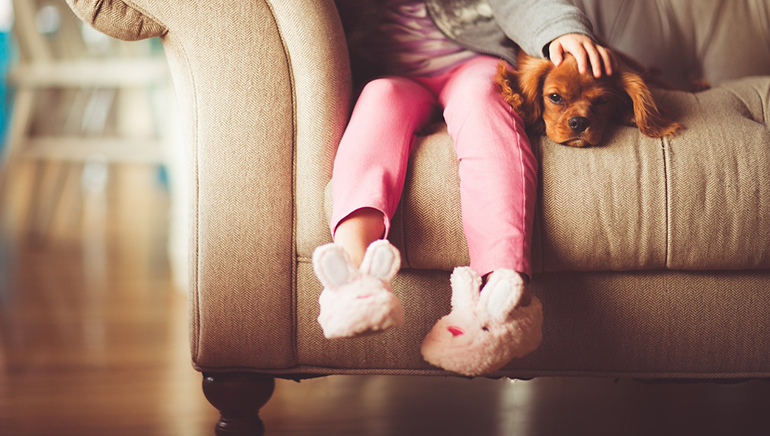
Everyone needs some sort of heating and cooling system in their home or business to remain comfortable during the cold winters and hot summers. Conventional heating and cooling systems are popular, but heat pumps are excellent alternatives for many reasons. Keep reading to learn about what a heat pump is, how it works, and why it may be a great option for you.
This blog post is part of Pacific's Heating and Cooling Series.
Understanding Heat Pumps
Heat pumps take heat from one area and transfer it to another. While heat pumps aren’t new, they're still growing in popularity around the world. A compressor moves refrigerant between two different heat exchanger coils, where it is first evaporated while at a low temperature to absorb heat from the surroundings and then compressed until it reaches the other coil, where it condenses while at a high temperature, releasing the heat. Heat pumps can be more energy efficient than conventional systems, particularly in areas with moderate climates.
Heating AND Cooling
Based on the name, you may expect a heat pump to only provide your home with heating, but the cycle of the pump is reversible. This means you can use it to cool your house or business in the summer and heat it in the winter. During the cooling season, a heat pump will take excess heat from inside the building and move it outside. Conversely, during the heating season, it will pull heat from the outside environment into your home to keep you warm. Because even cold air contains some heat, this works when outdoor temps are cold as well.
Ease of Use
You can adjust your preferred temperature on your heat pump with ease and quickly switch from heating to cooling and back. It only requires a button or switch to adjust what the heat pump is doing, and the pump will be ready to cool or heat your space as you desire. Many also feature programmable timers for enhanced convenience.
Improved Safety and Indoor Air Quality
Compared to some traditional heating options like wood burners or gas heating, heat pumps are incredibly safe. Both of those conventional examples feature hot surfaces or flames that can pose dangers for pets and children. Heat pumps are safe to leave on when you're sleeping or not at home.
Because heat pumps don't burn anything to heat or cool a space, fumes and smoke won't be released into the air. Heat pumps also improve indoor air quality by filtering and cleaning the air it circulates throughout your home or business, removing particles like mold spores, dust, and odors.
Reduced Stuffiness & Condensation
If you are used to using a gas heater, you may be accustomed to the air feeling stuffy or condensation forming on windows due to excess humidity in the air. Heat pumps don't make the air too dry or too humid, keeping your home more comfortable and less prone to mildew, mold, and rot.
Energy Efficient
Heat pumps can be the most cost-effective type of heating and cooling system that requires electricity to operate. The process of relocating heat, as opposed to generating it, can be done at as little as one quarter of the cost of a conventional HVAC system, particularly in regions that experience moderate temperatures most of the year. By installing a heat pump, you could potentially reduce your energy usage by 50%! Heat pumps are also more eco-friendly because they don't use combustion to generate heat.
While installing a new heat pump requires a substantial up-front investment, over time, it can save you a significant amount of money. To learn more about heat pumps or to discuss installing one in your home, contact Pacific. We're located in beautiful Aspen, Colorado, and we service homes and businesses throughout the Roaring Fork Valley area. We can also help with maintenance and repairs on your current HVAC system.
